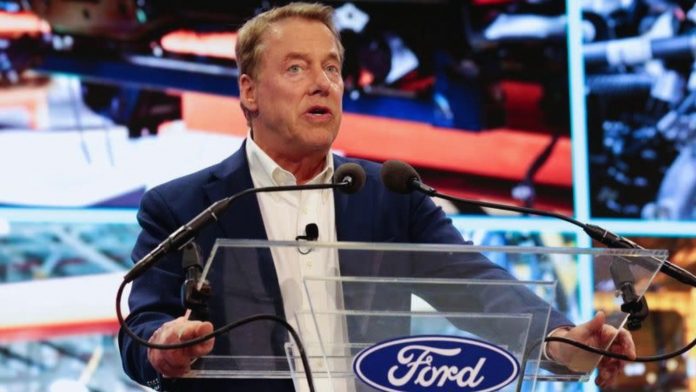In a recent interview with CNN, Ford Chairman Bill Ford Jr acknowledged that the U.S. is not fully prepared to compete with China in producing electric vehicles. Although, the automaker has reported to be “all hands on deck” as it approaches preparation.
China is on track to become the world’s second-largest exporter of passenger vehicles, possibly changing the global auto industry and upending the supremacy of its automotive trading partners and rivals. Chinese-made vehicle exports have tripled since 2020 and exceeded 2.5 million last year, threatening traditional auto exporters like Germany.
However, Ford made a controversial political statement when it announced this year that it would invest $3.5 billion in a battery manufacturing facility for electric vehicles in Michigan. Ford said the facility would use technology and assistance from China’s Contemporary Amperex Technology.
In an interview with Bloomberg Television on June 18, U.S. Transportation Secretary Pete Buttigieg addressed the issue, saying that the U.S. must reduce China’s advantage in EV batteries and that increasing the capacity for processing essential materials is “addressable.”
The U.S. has to ensure its “Positioning to have an economically sensible, environmentally sensible and geopolitically stable approach to how we’re going to get these vitally important elements in our economy that are only to grow in importance,” Buttigieg said.
Ford disputed that more U.S. output would result in higher pricing by stating that manufacturing employment has a multiplier effect that can result in a more robust economy.
According to Ford, “The costs will decrease once you begin to move down the cost curve and up the production curve, and they are already reducing as we speak.”
China is already heavily involved in the EV industry in Europe, where the majority of China-made vehicles sold are Teslas. Chinese-owned former European brands such as Volvo and MG and other models like BMW iX3 or the Dacia Spring are also produced exclusively in China.




